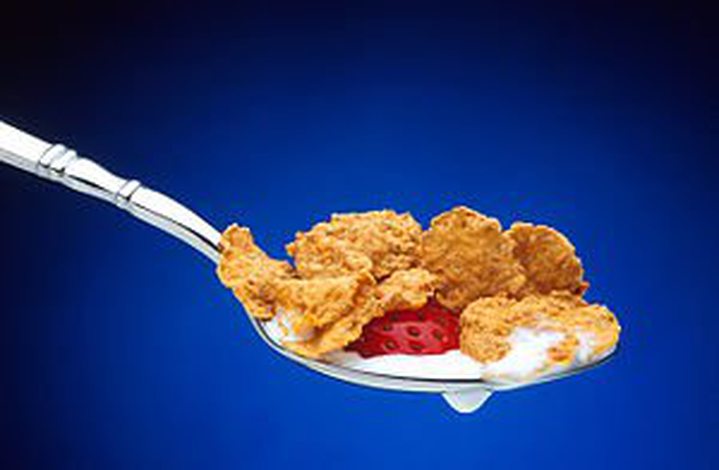Skipping Breakfast Linked To Increased Risk Of Heart Attack

A recent study of men aged 45-82 who regularly skipped breakfast demonstrated a 27% increase in risk of having a heart attack or developing coronary artery disease compared with those who ate breakfast daily. Although the research was done in older men, researchers believe the results may likely apply to the broader population as a whole.
It is important to note that this was an observational study, and cannot prove a cause and effect relationship between consumption of breakfast and risk of heart attack.
The research was published in the Journal, Circulation, July 22.
The researchers evaluated 27,000 men regarding their daily eating habits in 1992. Based on their results, 13% of the respondents stated that they routinely skipped breakfast. These men were all at least 45 years of age and had professional careers. Over the next 16 years, 1,527 suffered a heart attack-fatal or nonfatal.
After accounting for other variables such as smoking, alcohol use, diet, high blood pressure and diabetes, this equated to a 27% percent added risk for skipping breakfast.
More details of the study revealed that younger men were more likely to skip breakfast than older men. Other factors associated with skipping breakfast included smoking, drinking alcohol regularly, working full time, being unmarried, and being less physically active overall.
Of note, previous research has shown a relationship between skipping breakfast and developing high blood pressure, obesity, and diabetes—all a precursor to the development of the dangerous metabolic syndrome- an important risk for heart disease.
What distinguishes the current study is the role of skipping breakfast and its future relationship to having a heart attack.
So why does skipping breakfast lead to an increased risk for having a heart attack?
Researchers believe that people who skip breakfast tend to eat larger, more calorically dense meals later in the day, often late into the night, to compensate for the lack of an early morning meal. They also tend to eat more meals later into the night.
Eating later into the night–the case for a small number of men in the study who awoke after initally going to sleep– was associated with a 55 % increase in the incidence of developing coronary artery disease. The overall risk, however, was perceived to be small, since only a minority of men in this study exhibited this behavior.
Ultimately, however, this means fewer hours in the day to process additional, more calorically dense foods, which lead to higher levels of blood sugars and more intense and frequent insulin spikes. This process is thought to be a precursor to premature development of coronary artery disease, more commonly termed atherogenesis.
One drawback of the study was that researchers did not ask what participants actually ate for breakfast. So whether they ate sausage, biscuits with gravy, or a big stack of buttery pancakes was never investigated. The question is whether eating fat laden, highly caloric breakfast foods is better than skipping breakfast altogether.
The issue of when you eat, as well as the content of what you eat is currently a topic of debate. It is unclear what is more important, but it is likely a combination of both factors that is pivotal.
The bottom line is that people who eat breakfast generally eat fewer calories throughout the day, and are usually healthier than those who do not eat breakfast.
According to data from the NPD group, as many as 10% of US adults–30 million people–routinely skip breakfast.
The take home message is that eating breakfast is an important component of a healthy lifestyle.
If results of the research examined here can be demonstrated in women, as well as among other races and ethnic groups, then eating breakfast may become an important preventive health measure for the public.
Of note, a January, 2013 New England Journal of Medicine article published this year called into question the concept that eating breakfast actually reduces obesity, examining various myths associated with gaining weight. The article evaluated data from two specific studies that demonstrated that breakfast eaters did not have a reduction in rates of obesity.





